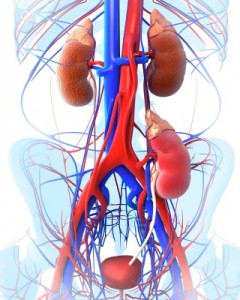
A patient who has received an organ transplant has to receive immunosuppressive drugs to prevent the rejection of the donor organ. This is life-saving, but predisposes the individual to infections.
These infections may be unusual (or opportunistic) and uncommon. Routine investigations may not reveal the diagnosis. Often, a transplant infectious diseases physician is required to help investigate and treat these infections. Common considerations include occult bacterial infection, primary or reactivated viral infections and fungal infections.

